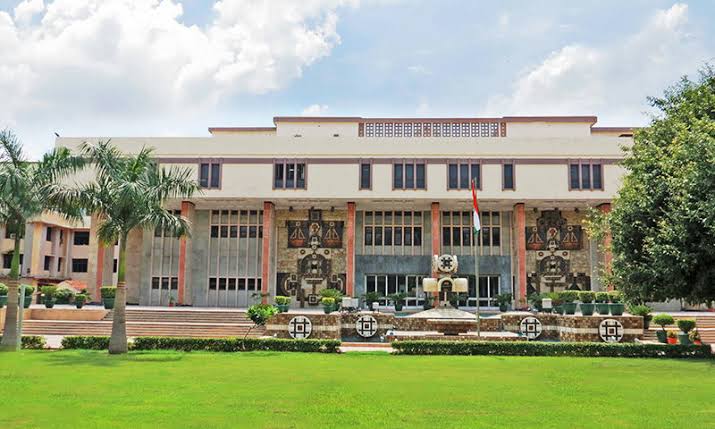Anirudh Alex Victor
The Delhi High Court granted Bharatiya Janata Party (BJP) Member of Legislative Assembly (MLA) Vijender Gupta permission to participate in the Delhi assembly commencing on Monday for the term.
Judge Prathiba M Singh examined all the facts and considered Rule 277 of the Rules of Procedure and Conduct of Business, Legislative Assembly of National Capital Territory of Delhi, which stipulates that in one session, on the first instance, the suspension is limited to 3 sittings.
On the other hand, counsel Sameer Vashisht represented the respondent and asserted that it was the entire house that suspended him, not the speaker. Legislator Sanjeev Jha introduced a resolution to suspend him. He stated that the applicant submitted a notice of privilege at about 11:23 a.m. The plaintiff’s counsel, Vasisht, presented his notification at approximately 12.04 PM, and the speaker ruled on it. The petitioner’s ultimate focus was always to create disruption during proceedings and create an unfair advantage. He was nevertheless warned, and ultimately,he was summoned afterwards. Sameer Vasisht claimed that the petitioner portrayed his misconduct at about 2.47 PM, and as a reaction to this, MLA Sanjeev Jha asked for the petitioner’s suspension for a year. According to Advocate Vashist, any court cannot inquire into such suspension.
The senior counsel relied on a Supreme Court decision in Ashish Shelar v. The Maharashtra Legislative Assembly to establish how a graded suspension would suffice. Gupta argued in his petition that perhaps the speaker’s decision is unreasonable, unfair, and absurd, violating the Rules of Procedure and Conduct of Business of the Legislative Assembly of the National Capital Region of Delhi.
“The impugned action of the Hon’ble Speaker in allowing a ruling party MLA to move and proceed with the motion to seek suspension of the Petitioner from the House for one year does not fall under the definition of irregular proceedings.’ Instead, it is a classic case of being categorized as “grossly illegal” and “unconstitutional.”
Mr. Jayant Mehta, Sr. Adv. with Mr. Pavan Narang, Mr. Neeraj, Mr. Satya Ranjan Swain and other advocates appeared for the petitioner.
Mr.Sameer Vashisht, ASC, Civil GNCTD and Mr. Parth Vibhu represented the Respondents that is the Legislative Assembly of the NCT of Delhi.


